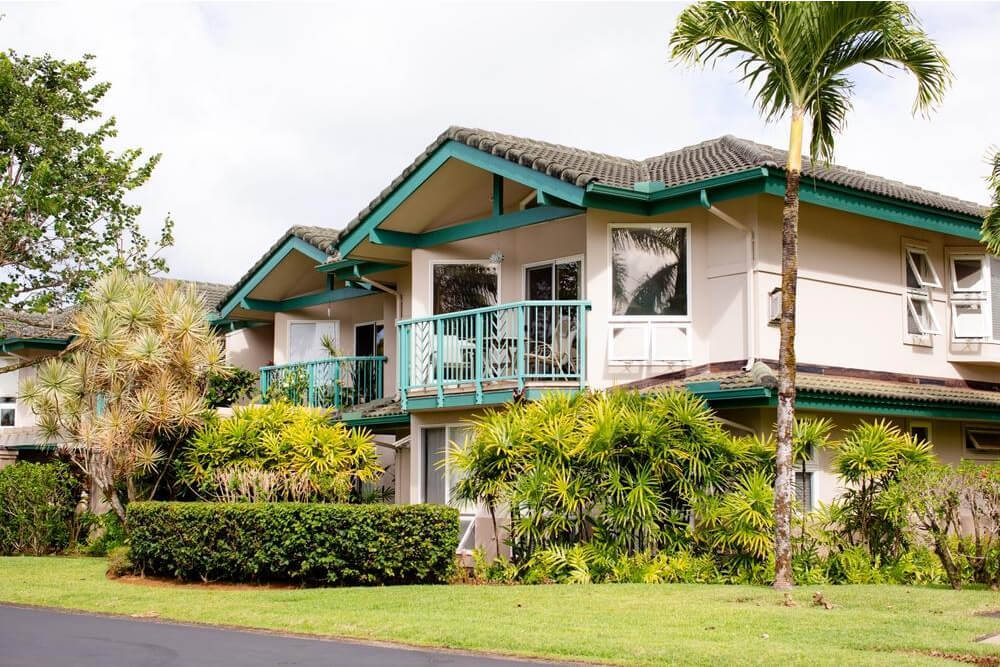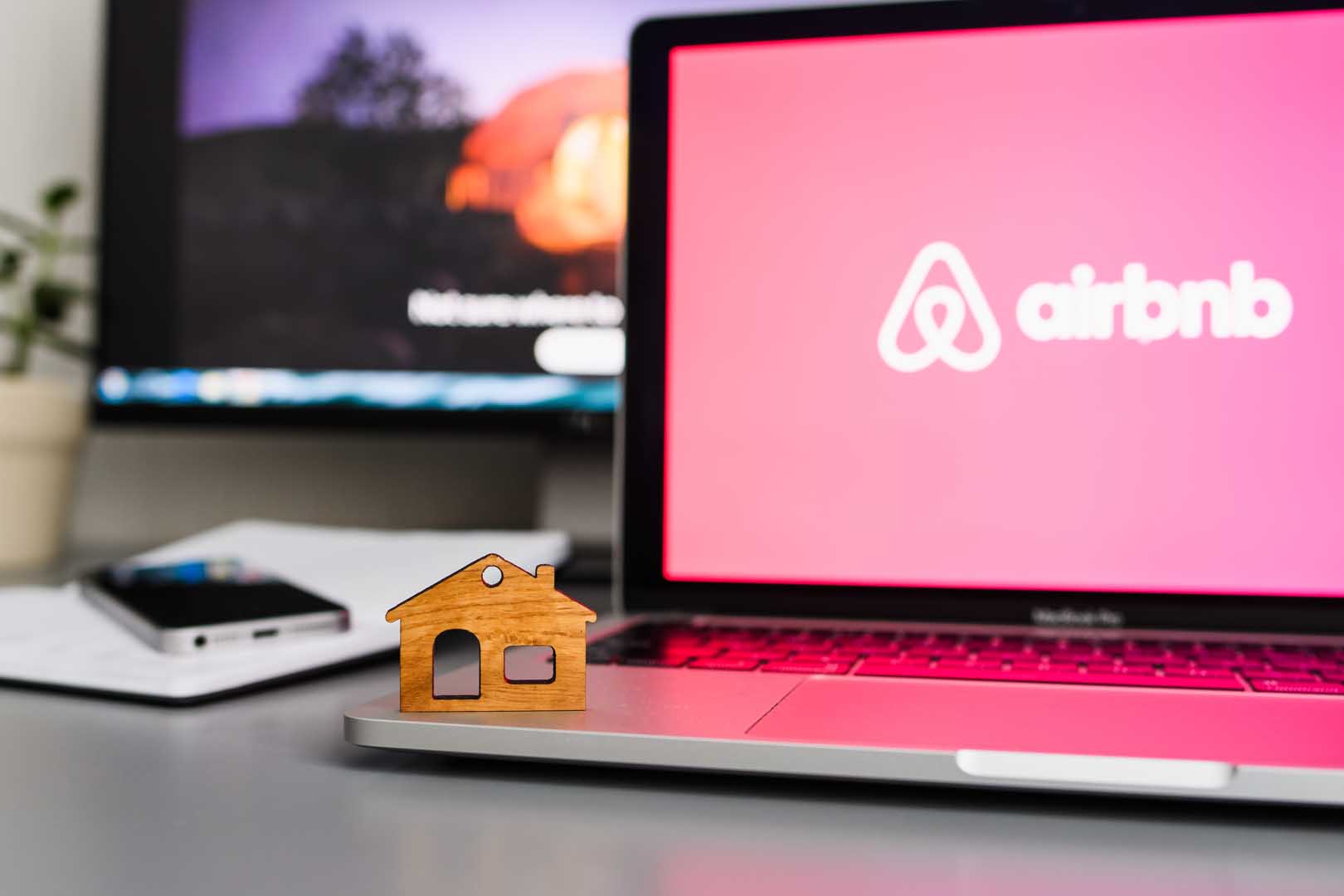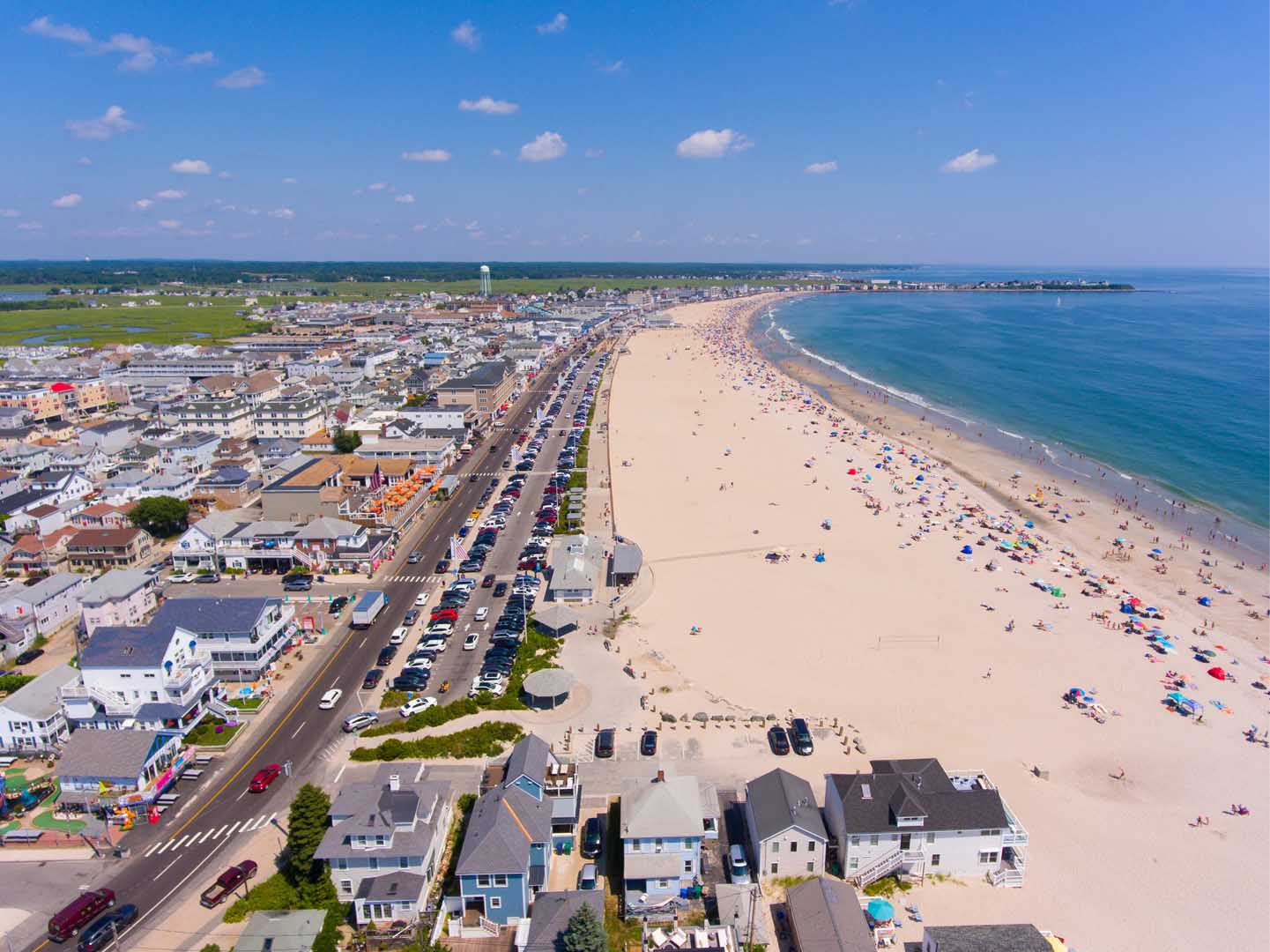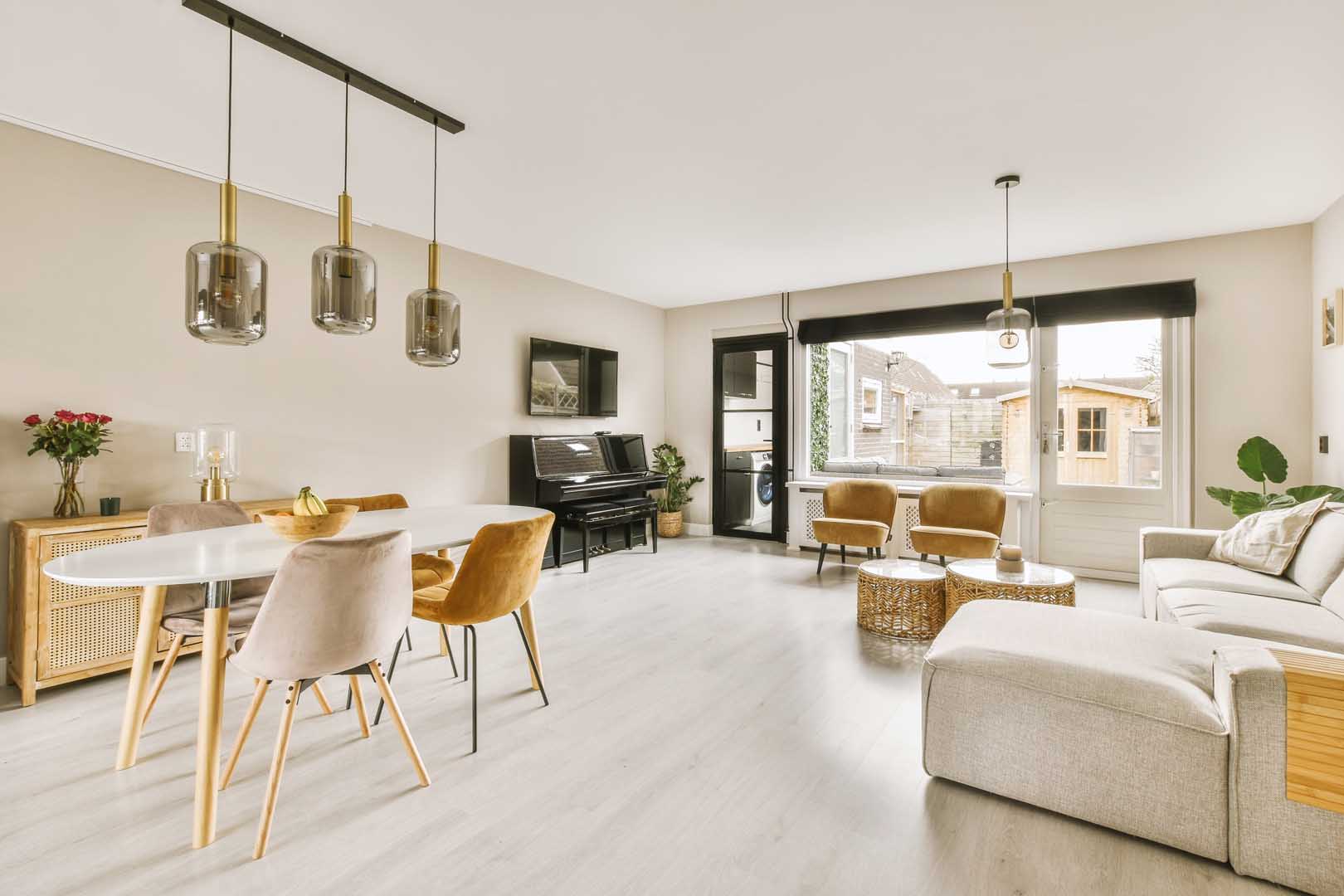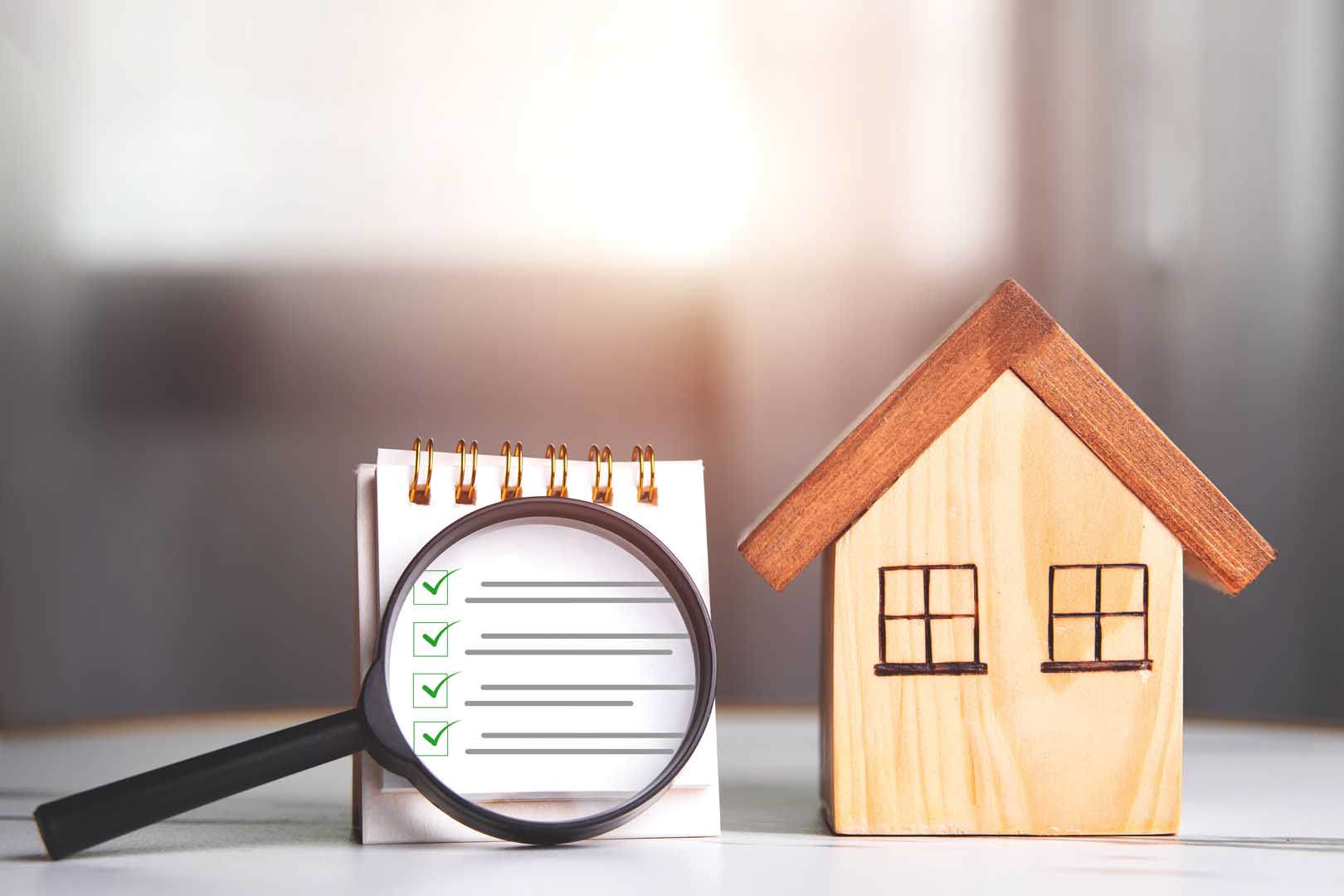Deciding whether to list your property on Airbnb for short-term or long-term rentals can be challenging. Both options offer unique benefits, but which one is truly more profitable? Summer brings a peak demand for both vacation stays and extended leases, making it the perfect time to evaluate which strategy works best for your property. Here’s an in-depth look to help you make the right choice for maximum profitability.
Understanding Short-Term Airbnb Rentals
Pros of Short-Term Rentals
- Higher Nightly Rates:Short-term rentals almost always command higher nightly prices compared to long-term leases, allowing for substantial revenue if occupancy stays high.
- Flexibility:Hosting short-term rentals allows property owners to block dates for personal use. It’s perfect if you want to use your property occasionally.
- Seasonal Profit Maximization:Peak seasons, like summer or holidays, often attract a surge of tourists willing to pay premium prices.
- Variety of Guests:Hosting different guests creates opportunities for diverse networking and interesting interactions.
Cons of Short-Term Rentals
- Higher Operating Costs:Frequent turnovers require regular cleaning, maintenance, and restocking of supplies, which can be costly.
- Time-Intensive Management:Managing guest inquiries, check-ins, and reviews often requires significant effort, especially during busy seasons.
- Market Fluctuations:Demand for short-term rentals can vary dramatically depending on the season or economic climate.
Understanding Long-Term Airbnb Rentals
Pros of Long-Term Rentals
- Steady Income:Long-term rentals provide consistent cash flow over extended periods, eliminating the highs and lows of fluctuating occupancy rates.
- Lower Maintenance Costs:With fewer turnovers, the ongoing expenses for cleaning, repairs, and guest logistics are significantly reduced.
- Predictable Tenancy:Longer stays mean you don’t have to worry about securing multiple reservations in a month.
Cons of Long-Term Rentals
- Lower Monthly Revenue:While income is stable, the monthly earnings tend to be less than short-term rentals in high-demand markets.
- Less Flexibility:Longer leases mean no personal access to the property and less flexibility to host guests during peak seasons.
- Potential for Tenant Issues:Extended stays increase the risk of lease violations or more significant wear and tear on your property.
Maximize Your Rental Income with Managed BNB—Let’s Get Started Today!
Short- and long-term Airbnb rentals each come with unique pros and cons. Short-term rentals tend to generate more revenue if you can secure high occupancy rates. However, long-term rentals provide financial stability and fewer management headaches.
Ultimately, the decision boils down to your preferences as a host. But remember that you don’t have to choose one exclusively. Many property owners switch between short- and long-term rental strategies based on seasonal demand and personal plans.
Still unsure which strategy fits your property best? At Managed BNB, we help property owners like you maximize rental incomes with expert vacation rental property management. Whether you’re aiming to attract weekend travelers or long-term tenants, we’ll handle everything from marketing to guest communication. Contact us today to learn how we can elevate your property’s potential!

